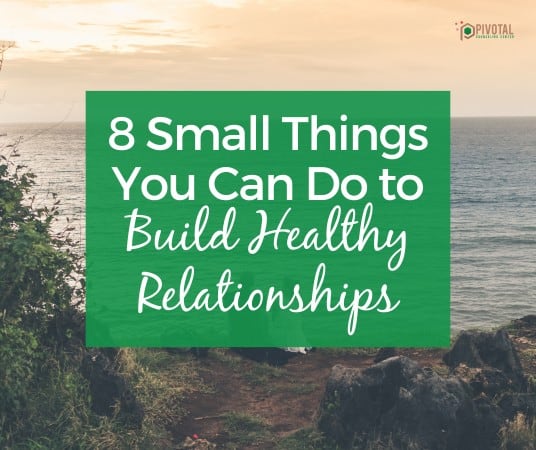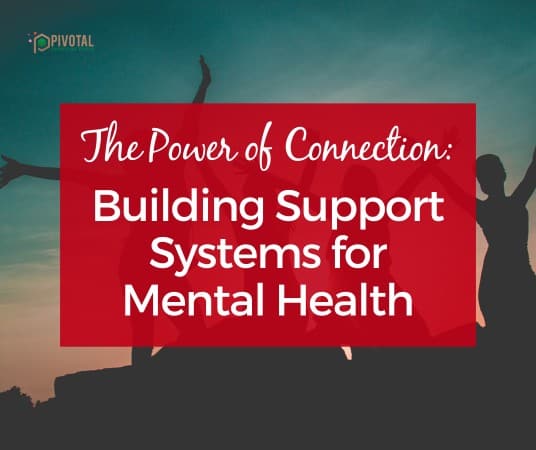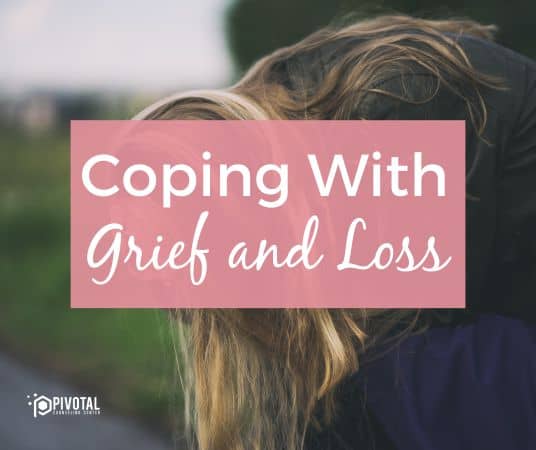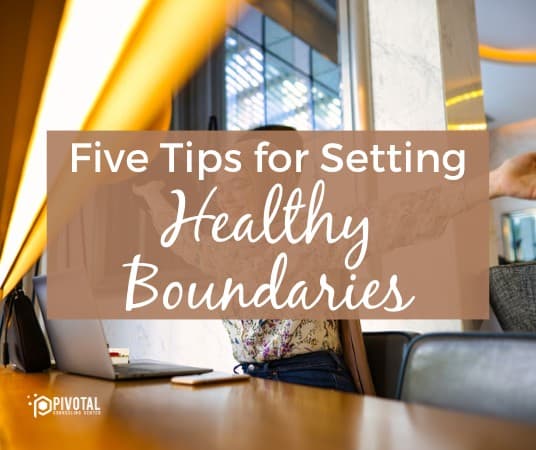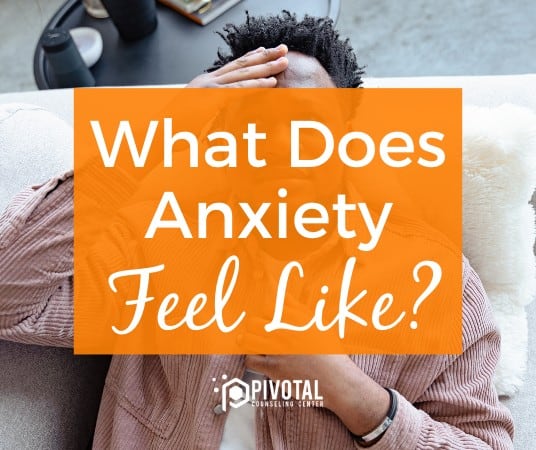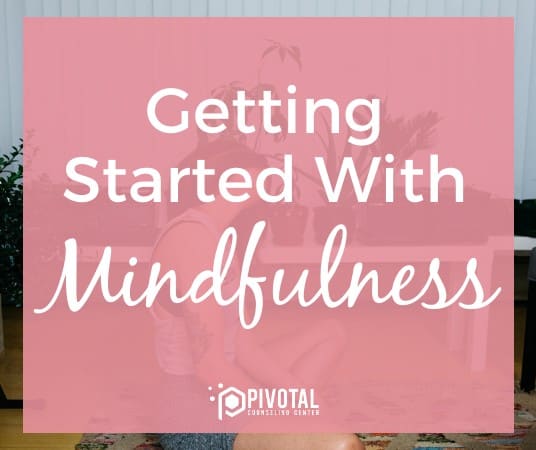
Do you ever feel like you’re in your own head all of the time? When you’re overwhelmed by what’s going on in your brain, it can be hard to think about anything else. In cases like this, mindfulness can be a powerful tool. The basic idea of mindfulness is to focus on the present moment. This can be accomplished in a number of ways. There are guided meditation sessions you can find online. Some people feel mindful when they’re doing something else, like running or gardening. You can meditate without a guide.
Remember, this is a tough task! Your brain naturally wants to think about everything you’re trying to push out of your mind. Keep in mind that fully focusing on the present takes a TON of practice. Don’t be too hard on yourself when you have thoughts and feelings pop up. You can acknowledge them and move on. The important thing is to keep trying! The more you try, the easier it will be.
You might hear the words mindfulness and meditation thrown out there interchangeably. They are related, but they don’t exactly mean the same thing. Mindfulness is a state of mind where you are focused on the present moment. Meditation is a practice you can use to achieve a state of mindfulness, but meditation doesn’t automatically equal mindfulness.
Why is mindfulness helpful?
Mindfulness is kind of like a workout for your brain. Just like moving our bodies regularly can be an act of self-care, mindfulness is self-care for your brain. Practicing mindfulness regularly can help improve your ability to focus. It can help with managing stress and anxiety by moving your focus off of future worries and toward the present moment. Mindfulness can also give you the tools to be a better listener and communicator.
To get started with mindfulness, here are our tips:
Think of what makes you feel present and aware of the current moment.
What gets you out of your head? Is it sitting still, in peace and quiet? Is it while you’re moving your body or your hands in some way? Consider the ways you naturally shift your focus from thoughts and worries. How do you distract yourself? While mindfulness is basically the opposite of distraction, you might find some clues as to what will work for you by starting there.
A little every day is better than a lot once in a while
Mindfulness is a practice that takes a lot of practice. It definitely doesn’t come easily, but the more you do it, the easier it will be. However, if you aren’t consistent in your practice, you’ll be constantly finding yourself at square one instead of steadily improving. You don’t have to jump in right away by committing to hours of meditation – that will be agonizing and super tempting to abandon. Instead, build up a few minutes at a time. Once you can practice mindfulness comfortably for a few minutes, increase the time to give yourself a new challenge.
Try different approaches
Some people really like guided meditations for practicing mindfulness. Other people experience mindfulness when they sit in silence, when they exercise, or when they partake in a hobby. There isn’t a wrong or right way to approach mindfulness, you just have to find the one that works for you.
Leave judgment at the door
It can feel really silly to sit and try to focus on the present. Remember not to be too hard on yourself for struggling. No matter what your brain throws at you, commit to not judging yourself during this process. Thoughts and feelings come and go, and you don’t have to beat yourself up for having them.
When in doubt, focus on your breath
It can be easy to let your attention wander when practicing mindfulness. If that happens, it’s okay! If you have a hard time getting back on track, try focusing on your breathing. Count your inhalations and exhalations in your head. Try to extend them. Even if your thoughts wander, gently direct them back to focusing on your breath.
Mindfulness can be a life-changing practice, but it does take practice to get there! Remember to be kind and gentle with yourself while you’re learning – mindfulness is tougher than it seems. Try to find an approach that works for you and makes you feel good.
Pivotal Counseling Center has therapists who can help you work through stress and anxiety. We have locations in Woodstock, Illinois, and Lake in the Hills, Illinois. If you are in need of someone to help, please consider giving us a call at (815) 345-3400.

